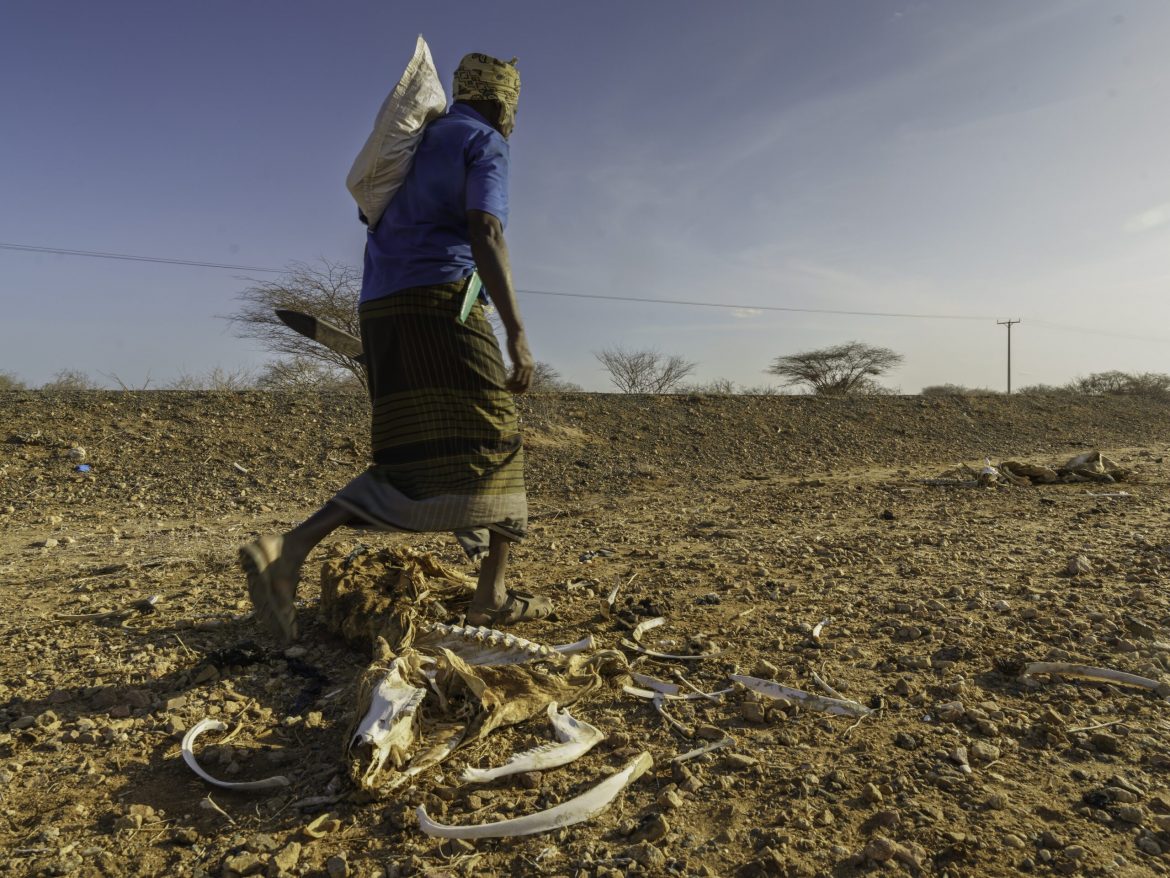A network of extreme weather specialists said Thursday that if it weren’t for human-caused climate change, East Africa would not have had its worst drought in at least 40 years, which has forced more than a million people to flee their homes and brought millions more to the verge of famine.
The scientists discovered that the weather patterns that regularly provide rainfall to Ethiopia, Kenya, and Somalia have been disturbed by rising global temperatures, which are mostly caused by burning fossil fuels.
The hitherto consistent rains failed for a record-breaking sixth season in a row last September. More moisture has also evaporated from the landscape as a result of warmer temperatures, drying out croplands and starving millions of animals.
Read Also: Yosemite closes parts of park as rising temperatures threaten region
According to the scientists, droughts like this one are 100 times more common than they would have been in a cooler world since average global temperatures are roughly 1.2 degrees Celsius (2.2 degrees Fahrenheit) higher than they were before the industrial revolution.
That outcome, according to co-author Friederike Otto, highlights the disastrous effects of climate change in underdeveloped countries, which have significantly fewer resources to deal with the issue and contributed nothing to it.
In light of irreversible climate impacts, she believed the report will assist mobilize financial support for the most vulnerable countries in the world.
Story was adapted from The Washington Post
